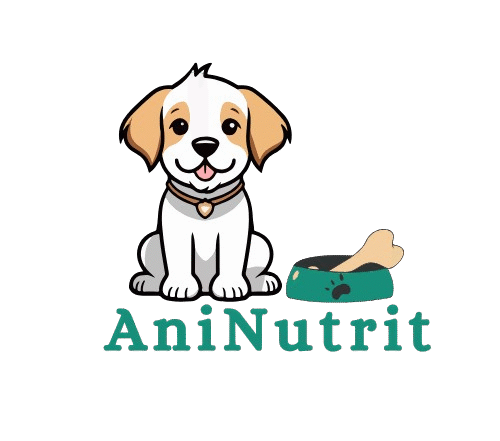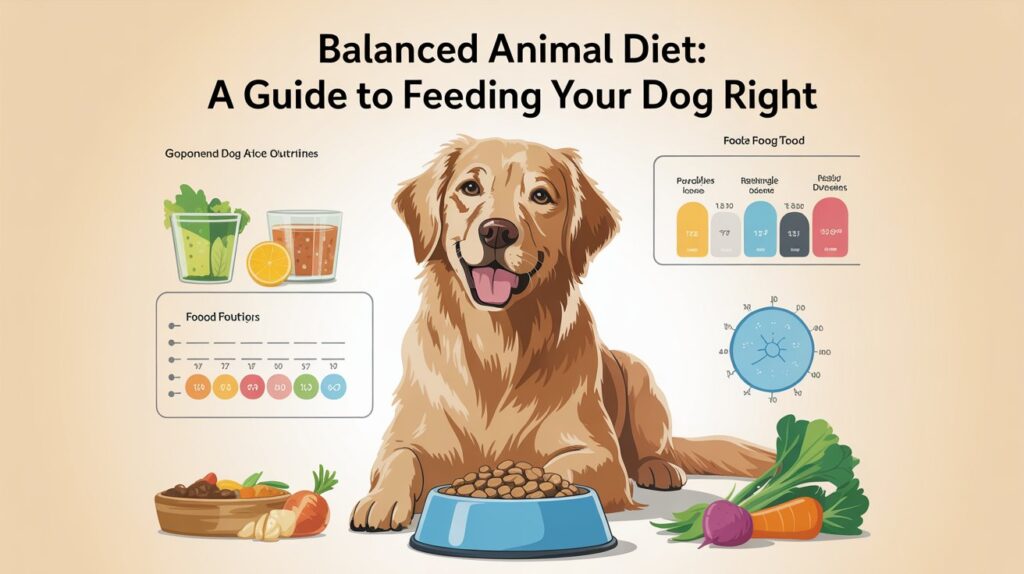Every dog owner wants the best for their dog. A healthy diet is a great start, but even top-notch dog food may not deliver everything your dog needs. That’s where supplements come in. Whether your dog is getting old, suffering from a special medical condition, or needs just a little extra help, the right supplement can make all the difference. In this article, we’ll be going over some of the most popular dietary supplements for dogs, how they work, and what to look out for when choosing one.

1: Health Benefits from of Best dietary supplements for dogs:
Why Some Dogs Benefit from Supplements
Although most commercial dog foods claim to be “complete and balanced, ” not all of them can meet your dog’s specific nutritional requirements. Certain health conditions, stress, genetics, and even environment can leave nutritional gaps in your dog’s diet. That’s particularly true for dogs with chronic conditions such as arthritis or digestive complaints.
For example glucosamine helps protect joints, and omega-3 fatty acids help with skin and coat health, while probiotics help digestion and may help with immune system, so in many cases getting just one or two supplements that really help will go a long way in helping your pet stay healthy.

2: Top Recommended Supplements for dogs:
Top Dog Supplements Vets Often Recommend
If you’ve ever considered giving your best dietary supplements for dogs, here are five standard pet diet supplements (and how they help ):
a. Glucosamine and Chondroitin
It is common to combine these two ingredients in dog products to treat joint problems. These support cartilage and ease pain due to arthritis or other general wear and tear. Older dogs / dogs with mobility issues will often be able to move more easily with these combined.
Related terms: dog joint support, hip and joint care Best dietary supplements for dogs:
b. Omega-3 Fatty Acids (Fish Oil)
As found in fish oil, omega-3s can reduce inflammation and improve the health of your dog’s skin and coat. If your dog has an itchy skin, sheds a lot, or has allergies you may want to consider taking this supplement to help ease the symptoms.
Related terms: shiny coat supplements, fish oil for pets
3: Some Important vitamins supplemts: Best dietary supplements for dogs
c. Probiotics
d. Multivitamins
A daily multivitamin can help fill nutritional gaps ( especially for dogs on homemade / raw food diets ), usually including the essential nutrients such as vitamins A, B, C, D and E as well as important minerals.
Related terms: complete dog vitamins, nutritional support for dogs
e. CBD Oil (Pet-Approved Formulas)
CBD is made from hemp, and getting more and more popular with pet owners. It ‘s used to help with pain management, anxiety relief and even help relieve seizures in some dogs. Just make sure you ‘re using something made just for dogs and not THC.
Related terms: calming aids for dogs, hemp oil for pets
3: How we can Choose right Supplements?
Not all dogs need every supplement. It’s more of a consideration of what your dog. Are they a big breed that eats lots of bones? Do they have food sensitivities? Are they getting older and having signs of slow digestion/depletion of energy?
Here’s what you should consider:
Age: Puppies need different nutrients than older dogs.
Breed. Most large breeds might need joint support; smaller breeds might need help with their teeth / heart.
Current diet: Homemade and raw diets often require more supplementation.
Health history: Chronic conditions may call for targeted ingredients.
And again, your vet knows your dog best. So before you start any supplement of any kind you need to talk to your vet first.

4: Natural Dog Supplements
You’ll notice that many dog owners prefer natural or organic supplements. That’s because these usually contain whole food ingredients and fewer synthetic additives. Examples include green-lipped mussel (great for joints), turmeric (anti-inflammatory), and kelp (rich in minerals).
On the flipside some dogs may benefit from lab formulated medications, particularly if they need a very specific dose. There is no reason not to do either – as long as the product is high quality and according to your dogs needs.
Related terms: organic pet supplements, natural dog remedies
Tips for using Supplements Safely:
5. Tips for Using Dog Supplements Safely
You can take these things into account before ordering supplements:
Read labels carefully, especially the ingredient list.
Look for products that are certified by a reputable company ( like NASC ( National Animal Supplement Council ) ).
Start with small amounts to see how your dog reacts.
Check the product ‘s appropriateness for your dogs size and age.
You should avoid somethings:
What to Avoid
Never give your dog human supplements unless your vet says it’s safe.
Don’t combine multiple supplements without expert advice.
Avoid using supplements as a substitute for real medical care.
Most importantly, pay attention to your dog. Are they moving more easily? best dietary supplements for dogs?? Showing more energy? Positive changes are often a good sign that the supplement is working.
Conclusion
When searching for the best dietary supplements for dogs, it’s important to choose products that support your dog’s specific health needs, whether it’s joint health, digestion, skin and coat, or anxiety relief. To close out this section, dietary supplements are an important part of your dog’s overall health, especially if you pick the right ones and stick to them regularly. From joint flexibility to better digestion and anxiety alleviation, supplements can offer added support where food isn’t going to do. Still, no supplement can replace good food, lots of exercise, regular vet checkups, and love; and when you do those things all together, you are giving your dog the best chance for a long, happy, and healthy life.
FAQ
1. Do all dogs need supplements?
Not necessarily. Healthy dogs eating a complete commercial diet may not need additional nutrients, but supplements can help with specific concerns like anxiety, arthritis, or poor digestion.
2. How can I tell if a supplement is working?
Give it some time, most supplements take a few weeks to show results. You might notice more energy, better mobility, improved coat condition, or fewer digestive problems.
3. Are natural supplements safer than synthetic ones?
Natural ingredients are often easier to digest and come with fewer side effects, but synthetic versions may be more targeted. The key is choosing a reputable brand and speaking with your vet.
4. What’s the best joint supplement for older dogs?
Glucosamine and chondroitin are a good start. Some formulas also include MSM, turmeric, or green-lipped mussel for added anti-inflammatory support.
5. Can I give my dog to many supplements?
Yes. More isn’t always better. Over-supplementing can cause side effects, especially with fat-soluble vitamins. Stick to recommended doses and check with your vet.


